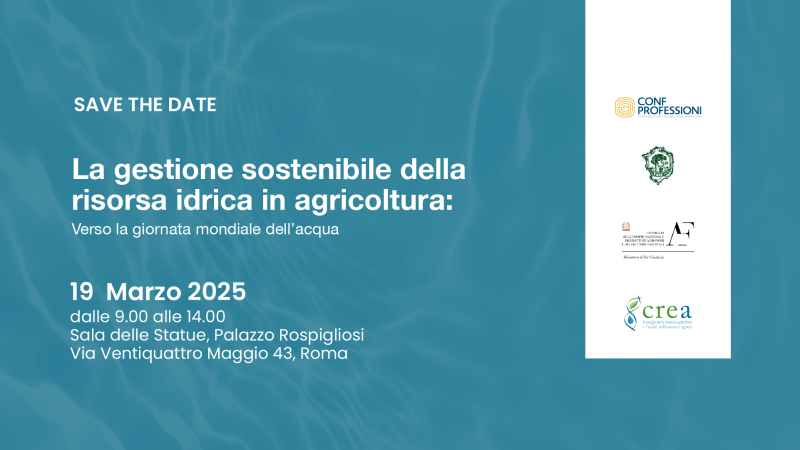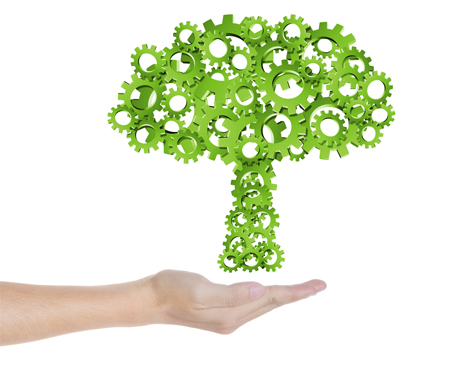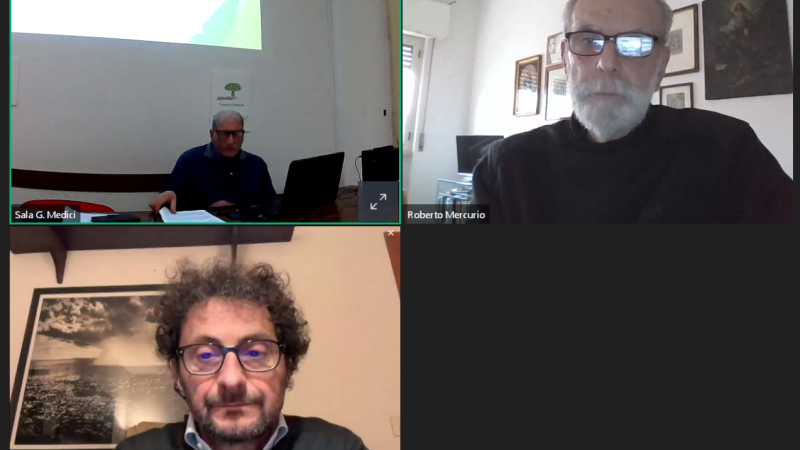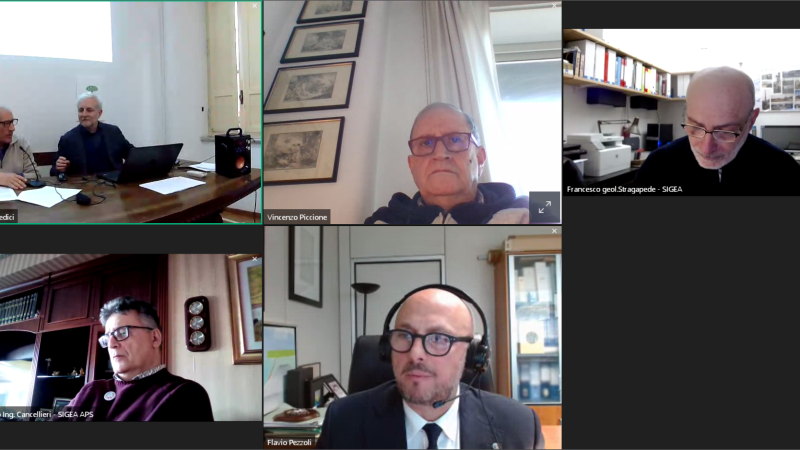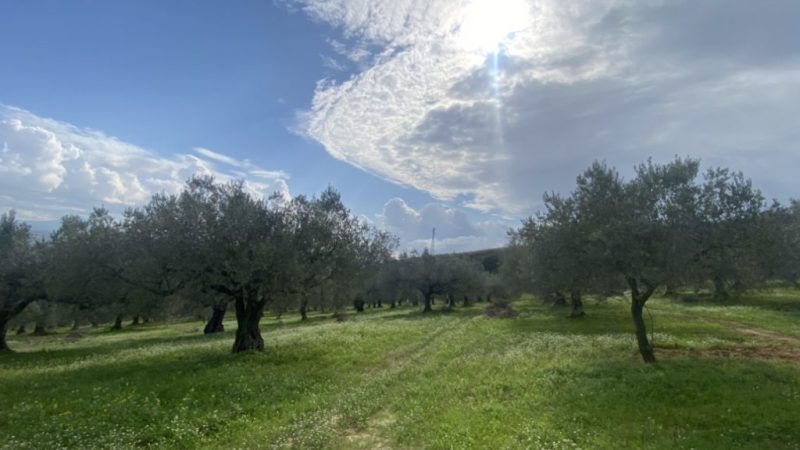Role of pollinators for agricultural productivity
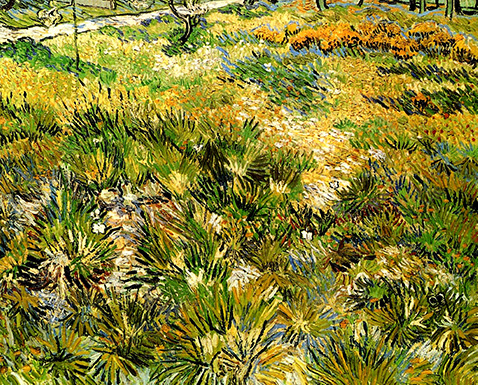
Pollination is an essential regulatory ecosystem service for crop production, directly linking wild ecosystems with agricultural production systems. Animal pollination accounts for roughly one third of the world’s crop production, yet a decline in pollinator populations is a concern, prompting a response at the international policy level. Through the GEF/UNEP/FAO Global-sized Pollination Project, a protocol was developed for assessing and detecting if a crop production system is suffering a pollination deficit. Over a period of five years, the protocol was applied in 344 fields from 33 pollinator-dependent crop systems in small and large farms, for a study to quantify to what degree enhancing pollinator density and richness can improve yields. The study demonstrated that ecological intensification through enhancement of pollinators could contribute to synchronous biodiversity and yield outcomes
DOI 10.12910/EAI2016-045


